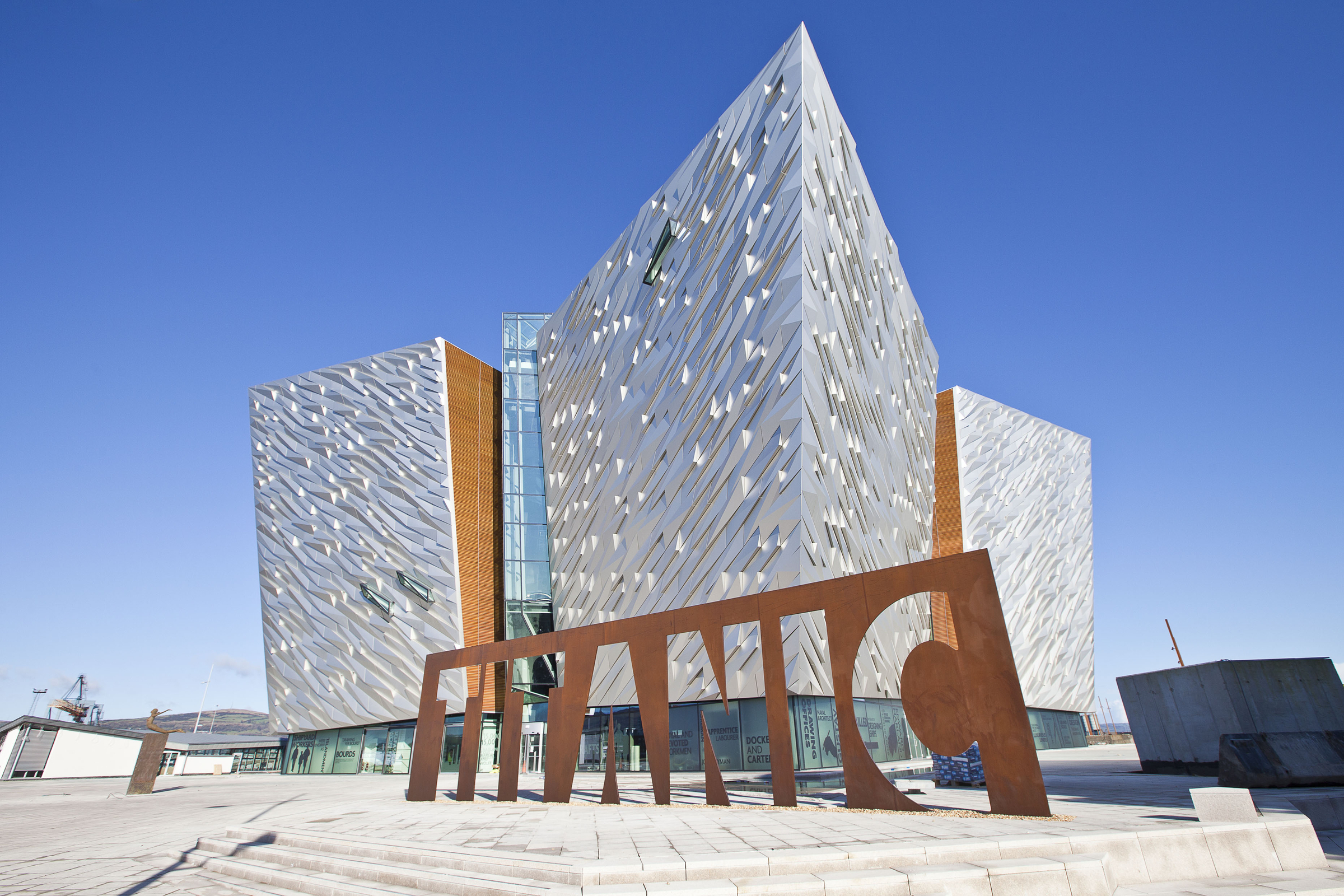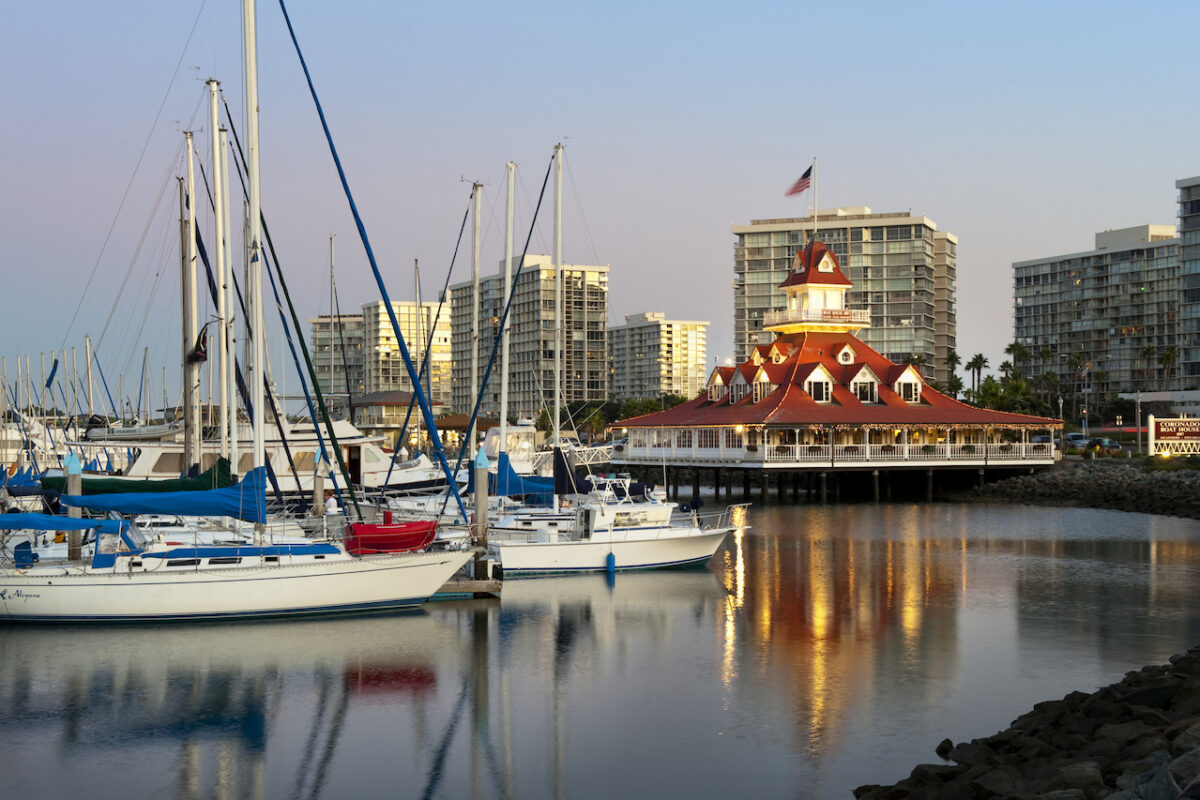Skift Take
A looming state tax on exhibitors would have been an enormous blow to Kentucky’s lucrative convention business. Impacted organizations successfully joined together to fight this, and legislators have rescinded the second layer of tax.
Conventions are big business in Kentucky. Take Louisville. The Kentucky International Convention Center and Kentucky Exposition Center hosted 334 events last year. These events brought in more than 2 million attendees and generated an estimated $316 million in economic impact.
At the start of the year, a new law added a six percent state tax on multiple products and services. Exhibitors were among those included in the new tax. This taxation was in addition to those included in room and space rental costs.
Why the change in the taxing structure? Kentucky is moving toward a consumption tax model. The long-term goal is to phase out the state’s income tax which has already decreased from 5 to 4.5 percent and will go down to 4 percent on January 1, 2024. To replace that lost income, Kentucky is beginning to tax a wide range of services under the premise of only being taxed for what you use.
When the state’s space rental tax became law last year, it joined several states with similar taxes. However, that isn’t the issue. “What was unique is that Kentucky’s Department of Revenue recently interpreted the law such that event organizers would also need to charge tax to their exhibitors and sponsors. This made Kentucky one of the only states to do that. This legislative clarification ensures that Kentucky is realigned with the best-practice policies enacted by most other states,” said Tommy Goodwin, vice president of government affairs, Exhibitions & Conferences Alliance (ECA), an instrumental organization in getting the new tax rescinded.
Two Layers of Tax
“It’s not terribly unusual for meeting space to be subject to sales tax. What is very unusual is the two-layer of taxation that was going to be applied. It would have created a serious competitive impediment for our state,” said Hank Phillips, president and CEO of the Kentucky Travel Industry Association (KTIA).
ECA, KTIA, and several Kentucky destination marketing organizations worked together to advocate for removing this tax. “I do have to give our legislators kudos as once we got the information in front of them about the damage this second tax could cause, they got to work to remove it as they understand the importance of meetings and conventions,” said Phillips.
“Ironically, in the last legislative session, we had a big win for the tourism industry by getting $75 million in ARPA (American Rescue Plan Act) funds. Of that, $25 million was earmarked for meetings and conventions. So here we had this wonderful windfall of funds to help us recover after the pandemic. But, unfortunately, in the same session, the legislators inadvertently put into effect something that would hurt us significantly,” said Phillips.
Meeting professionals set to bring groups to the state expressed their concerns. “They reluctantly understood the reality of paying sales tax on the space. But, it was the added factor of having to charge their exhibitors a tax that really concerned them,” said Phillips.
“This revision makes good business sense and is a win for Kentuckians, the tourism economy of Kentucky, and the groups we do business with,” said Cleo Battle, president and CEO of Louisville Tourism. “It helps Louisville and our fellow Kentucky cities compete for lucrative convention business that helps our hospitality industry employ 60,000 citizens of Louisville alone.”





